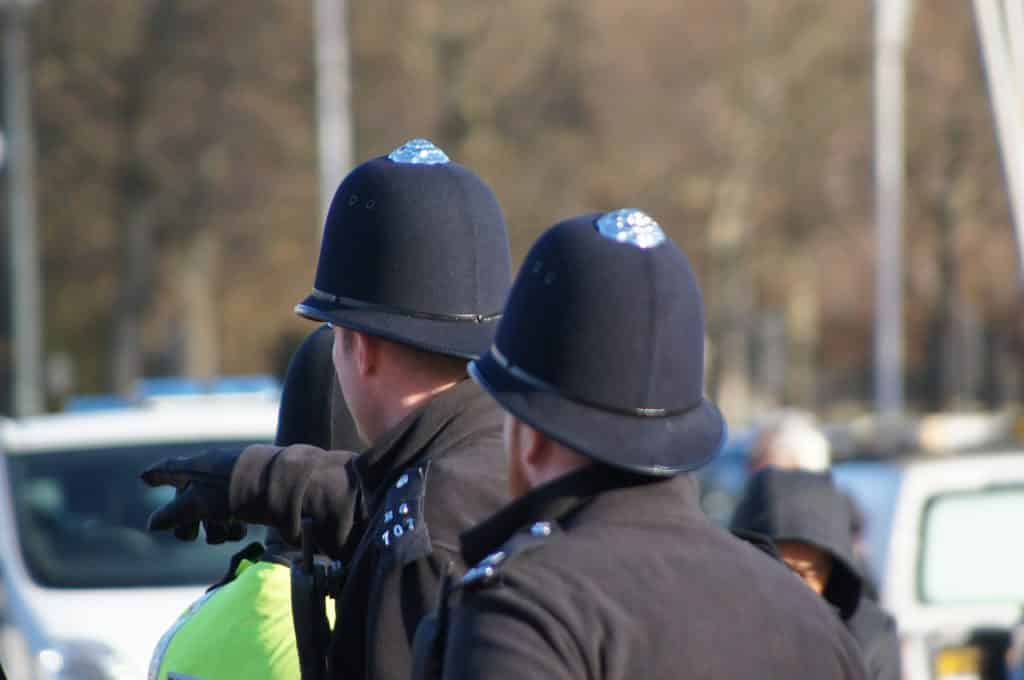The Compensation Experts reveal parenting top tips on how to keep your children safe in the garden.
With the warmer weather finally here, playing outside in the garden is a parenting dream with so many activities to keep your little one busy. But it can only take a couple of seconds for that fun to turn into a disaster. With an increase in searches for ‘garden safety tips’ by +380%* it seems that many parents may be wondering how to keep their child safe in the garden during the summer months.
From garden tools to trampolines and BBQs, there are several high-risk hazards that parents should be aware of in order to make it safe for children to play.
To help, The Compensation Experts have teamed up with Thomas Goodman, property and construction expert at MyJobQuote.co.uk to provide top tips on how to keep your children safe in the garden:
Safety proof your trampoline
Fit a safety net to your children’s trampoline and make sure there’s adequate padding over the metal framework. If it hasn’t been used for a while, check it over thoroughly before your children step onto it. To avoid collision injuries, it’s sensible to have a one-at-a-time rule for using it.
Ensure all tools are locked away
Return tools to the shed straight after using. Even items without sharp blades can be painful for bare feet or cause kids to trip when they’re running around.
When storing tools or chemicals in the shed, keep the door locked or install a bolt that’s out of reach of curious youngsters’ hands.
Add barriers to ponds, hot tubs and paddling pools
Make a garden pond safe by covering it with a metal guard or fencing it off. And keep hot tubs and paddling pools covered up when they’re not in use.
Check that play equipment meets safety standards
If you’re buying any new play equipment for the garden, check it meets British safety standards.
Buy a retractable washing line
Take down washing lines and other dangling cords where kids are playing to prevent anyone from getting tangled up in them. A retractable washing line is ideal.
Double check the plants in your garden
Some plants can be toxic if ingested or cause skin irritation if touched. So, double check what plants you have in your garden. And if your children like to help with the gardening, get them some gloves to wear so their hands are protected.
Keep BBQs sectioned off
While fire pits and barbeques are cooling, keep them sectioned off and never leave them unattended by an adult. If you do need to leave, make sure you ask another adult to take care of the fire source.
Data on searches DIY related terms taken from keyword.io. Data correct as of 17/05/2022
